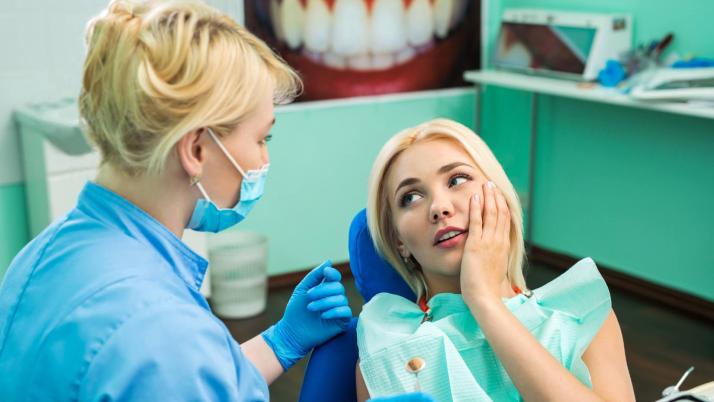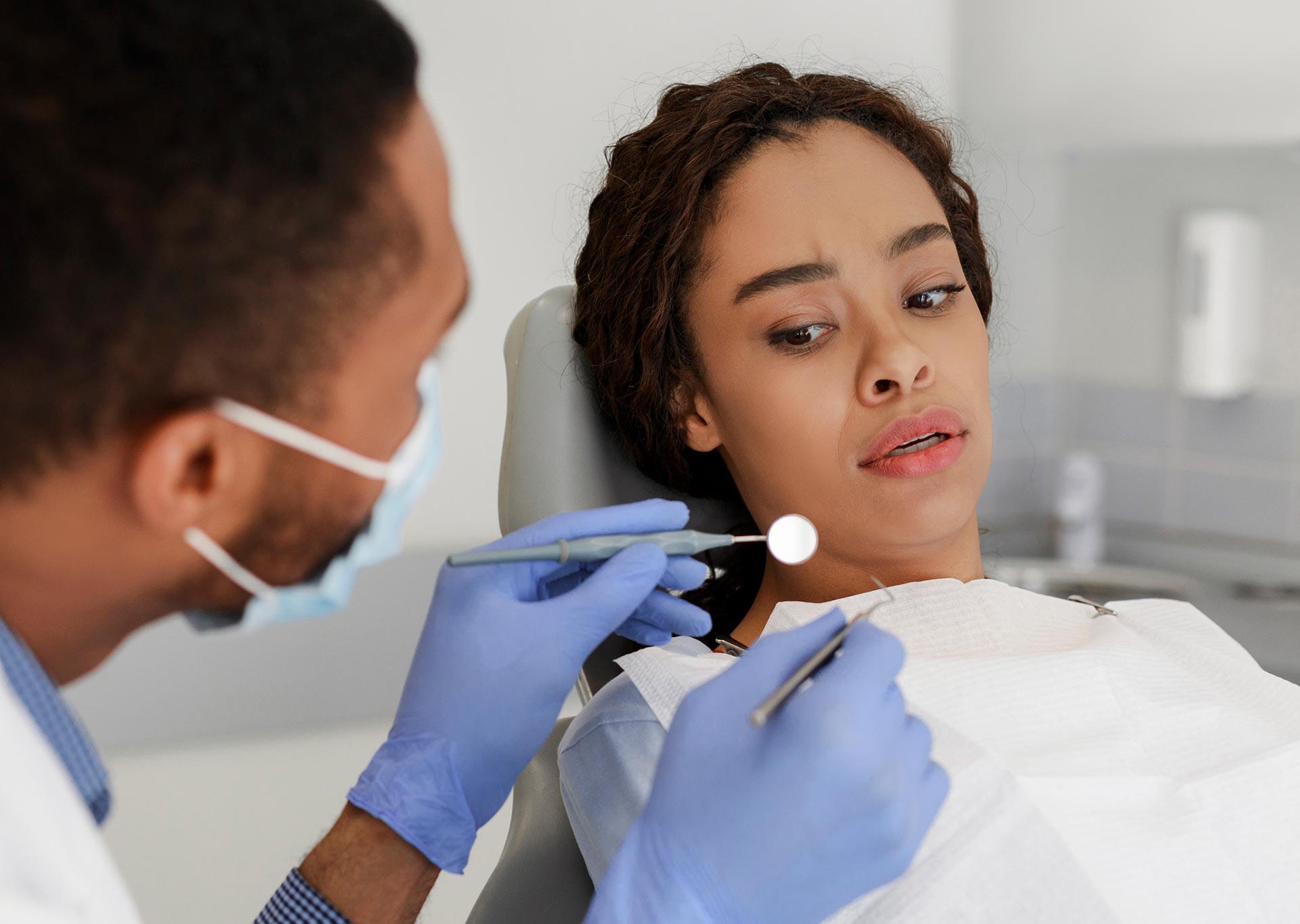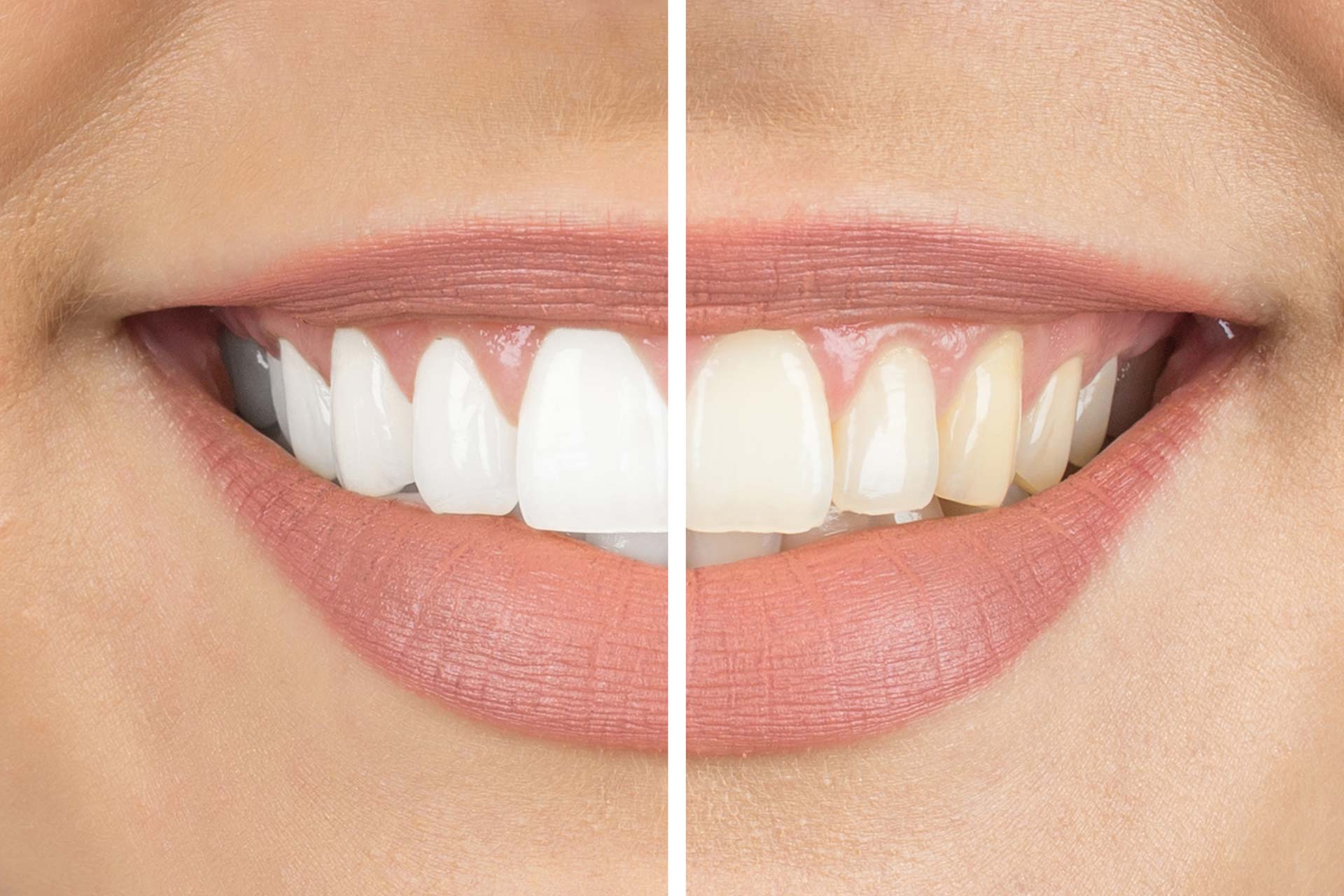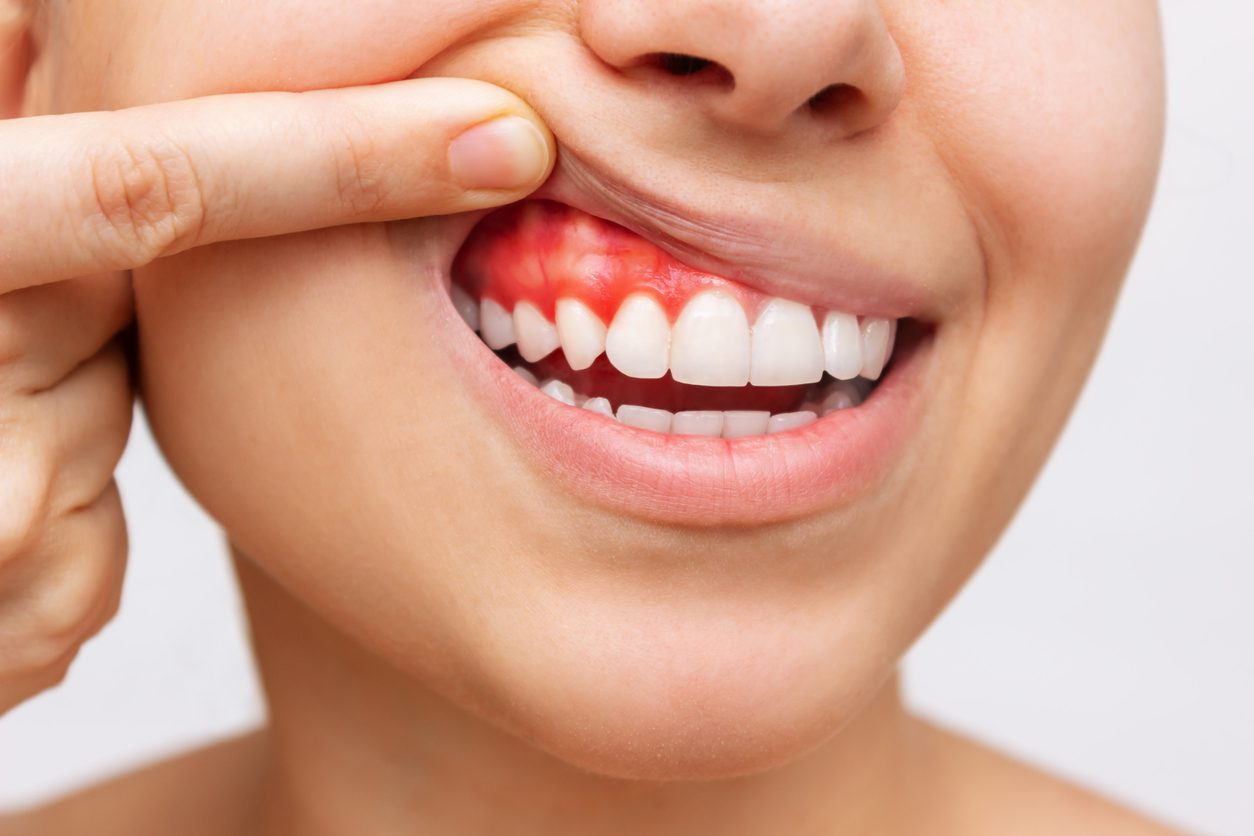1. Infected Tooth
Even an infected tooth can be a dental emergency. A tooth infection may lead to a tooth abscess—a pocket of puss caused by bacterial infection. When left untreated, your infection may cause more serious health problems, invading the gums and potentially damaging nerve endings in your jaw. This could be the case when you already have fever or are already feeling intense pain. If you feel a persistent and throbbing toothache and suspect a dental infection, consult with your local dentist. In the meantime, you can alleviate some of the pain by taking over-the-counter medications like Tylenol.2. Bleeding teeth or gums
Bleeding in your oral cavity may mean you have gum disease or gingivitis. Though there’s no immediate cause for panic, you still want to go to your dentist to have it checked out immediately. Blood found in your saliva may indicate advanced stages of cancer or gum disease.3. Mouth Sores
Mouth sores can be caused by the abrasions of braces inside your mouth or the result of canker sores. Though it’s easy to think you can handle the situation on your own with an antiseptic gel, it’s still best to speak to your dentist. Mouth sores can also be an early sign of gum disease. Early detection of gum disease is often key to effective treatment. It allows you to take preventative measures with your oral health and prevent mouth sores from getting worse.4. Knocked out or broken tooth
We can suffer a broken or dislodged tooth for a million possible reasons. Perhaps you fell down the stairs, walked (embarrassingly) into a glass door, crashed your bike, or any of an endless list of possible incidents. The good news is that a knocked-out tooth, while painful, can be reattached with a straightforward procedure if you act quickly and handle the dislodged (or avulsed) tooth with care. Try to reach your emergency dentist within 30 minutes of losing the tooth, taking care to handle the dislodged tooth only by the crown.5. Broken Jaw
It may seem silly, but a dislocated jaw from a vigorous yawn or an uncommonly wide sandwich is more common than you think. What’s more, the jaw is one of the most frequently broken bones in the body. Traffic accidents (particularly on motorbikes, bicycles, and scooters), sports injuries, and falls are the most common culprits. A broken jaw is best dealt with at the hospital, but it can also result in a misalignment of your teeth (otherwise known as malocclusion). Your emergency dentist can help diagnose any potential long-term damage to your dentition as a result of a broken jaw. Gently apply a cold compress and consult with doctor first, however.Call on Naenae for dental emergencies
When dental emergencies happen, it’s best not to panic. Remember to give yourself the necessary first aid. However, you need not take matters in your own hands. Dental emergencies almost always require the help of a professional dentist. At Naenae Dental Clinic, we can help you deal with common dental accidents from fractured teeth to bleeding gums. Contact us today to schedule an appointment.





